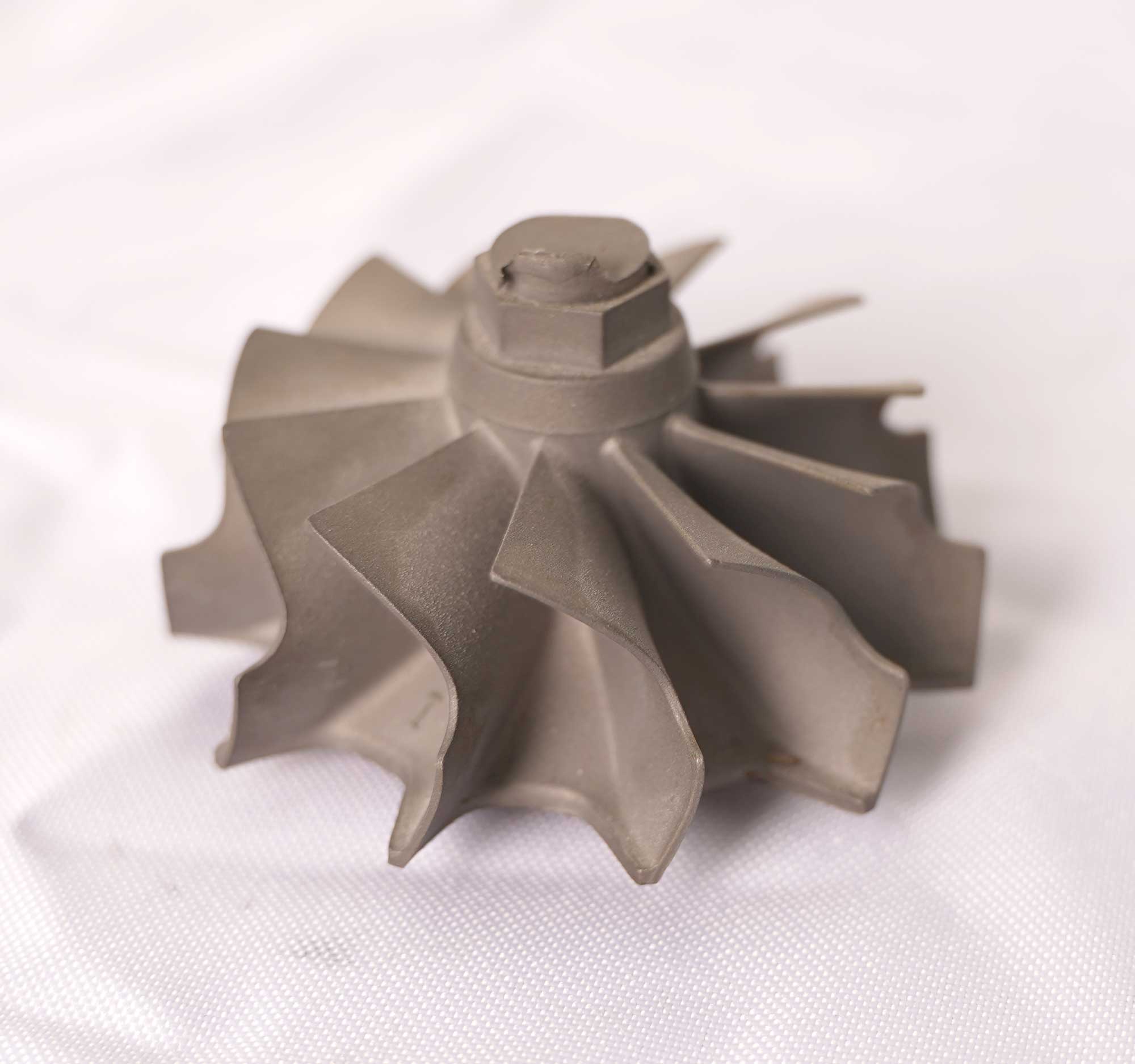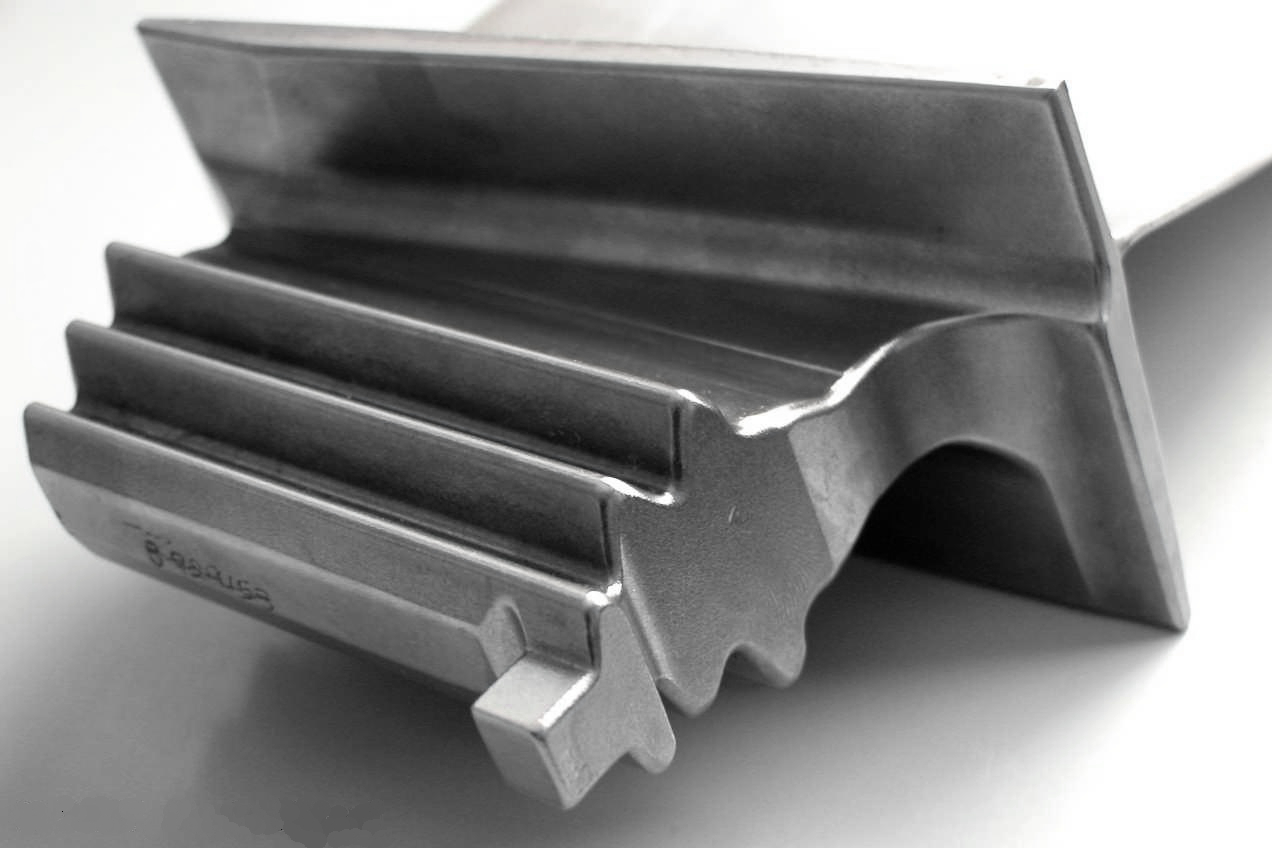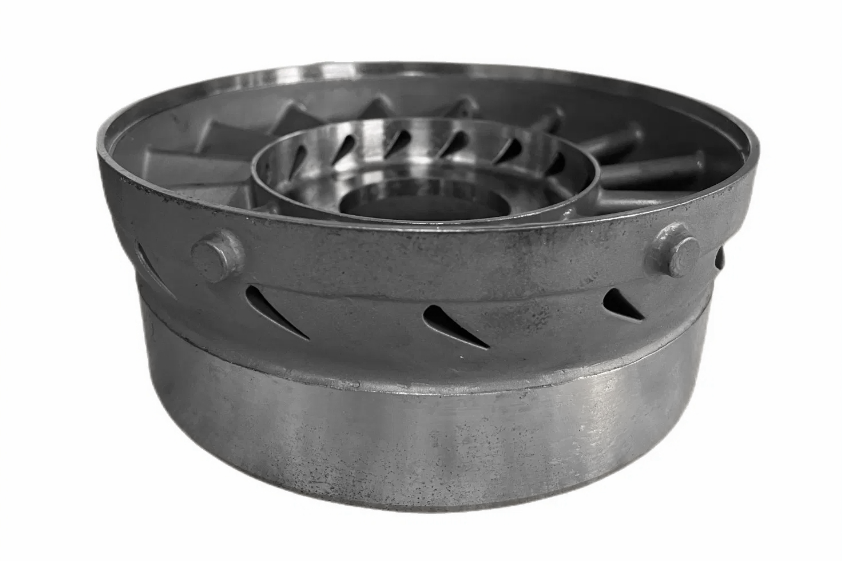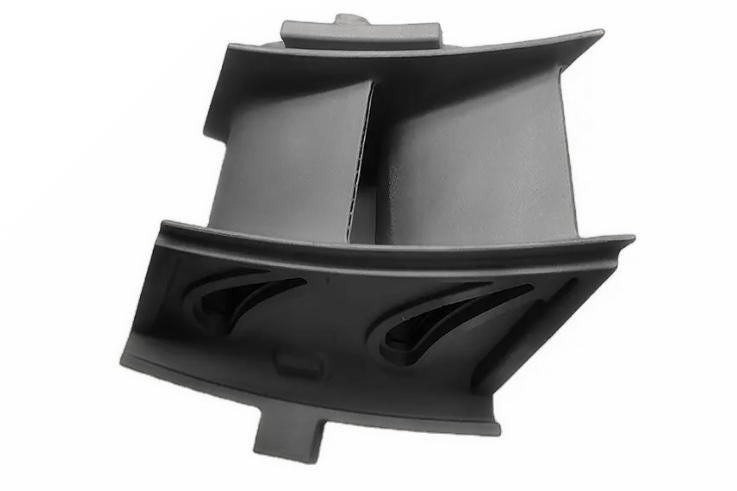Inconel 751
About Inconel X-750 Superalloy
Inconel X-750, also known as Alloy X-750, Nimonic X-750, or Haynes X-750, is a nickel-chromium alloy with added titanium and aluminum to enhance its mechanical strength and oxidation resistance. It adheres to ASTM B637 and DIN 2.4669 standards, ensuring suitability for demanding applications.
The alloy is used extensively across power generation, aerospace, and chemical industries due to its excellent strength and fatigue resistance, even under elevated temperatures. It offers reliable performance in critical components, such as gas turbines, springs, and fasteners, where creep and stress rupture resistance are essential.
Inconel X-750 Basic Introduction
Inconel X-750 is a high-strength superalloy designed to withstand harsh conditions, including elevated temperatures and mechanical stress. Its chemical composition balances nickel, chromium, and titanium, enhancing corrosion resistance and fatigue performance.
Primarily used in high-temperature environments, Inconel X-750 ensures mechanical integrity over extended periods, particularly at temperatures up to 700°C. It is known for its exceptional thermal fatigue resistance, which makes it a preferred choice for jet engine components, gas turbines, and nuclear reactors.

Alternative Superalloys of Inconel X-750
Alternative materials to Inconel X-750 include Inconel 718, Hastelloy X, and Nimonic 80A. Inconel 718 offers similar oxidation resistance but with higher tensile strength, making it suitable for turbine applications.
Hastelloy X provides enhanced resistance to extreme oxidation environments, which is ideal for chemical processing. Meanwhile, Nimonic 80A delivers comparable creep strength with slightly better machinability, making it suitable for fasteners and other precision components. These alternatives are used when specific performance characteristics are required beyond X-750's capabilities.
Inconel X-750 Design Intention
Inconel X-750 was designed to meet the rigorous demands of applications requiring mechanical strength and oxidation resistance at high temperatures. It aims to maintain structural integrity during thermal cycling and under mechanical loads for extended periods.
The alloy's balanced chemistry ensures that it offers excellent resistance to both creep and stress rupture. Its ability to retain fatigue strength makes it suitable for springs, bolts, and other components subject to cyclic loads. Inconel X-750 is particularly valued in the aerospace and nuclear industries for its reliability and long service life.
Inconel X-750 Chemical Composition
Inconel X-750's nickel base provides excellent corrosion resistance, while chromium enhances oxidation resistance. Titanium and aluminum improve the alloy’s mechanical strength by forming precipitate phases.
Element | Composition (%) |
|---|---|
Nickel (Ni) | 70.0 |
Chromium (Cr) | 14.0–17.0 |
Molybdenum (Mo) | 0.7–1.2 |
Iron (Fe) | 5.0–9.0 |
Titanium (Ti) | 2.25–2.75 |
Aluminum (Al) | 0.4–1.0 |
Inconel X-750 Physical Properties
Inconel X-750 demonstrates excellent thermal stability and resistance to oxidation and corrosion, making it ideal for extreme environments.
Property | Value |
|---|---|
Density (g/cm³) | 8.28 |
Melting Point (°C) | 1390 |
Thermal Conductivity (W/(m·K)) | 11.2 |
Modulus of Elasticity (GPa) | 214 |
Metallographic Structure of Inconel X-750 Superalloy
Inconel X-750 exhibits a face-centered cubic (FCC) structure typical of nickel-based superalloys. The microstructure is stabilized by adding aluminum and titanium, which form γ′ precipitates. These precipitates enhance strength and thermal stability by inhibiting dislocation motion.
During service, the alloy maintains its microstructural stability even at elevated temperatures, minimizing the formation of deleterious phases. The alloy’s resistance to grain boundary oxidation makes it suitable for high-temperature applications, ensuring longevity under cyclic thermal loads.
Inconel X-750 Mechanical Properties
The mechanical properties of Inconel X-750 make it ideal for high-stress environments.
Property | Value |
|---|---|
Tensile Strength (MPa) | 900–1000 |
Yield Strength (MPa) | 550–650 |
Creep Strength | 700°C/15,000 hours |
Hardness (HRC) | Rockwell C35–40 |
Elongation (%) | 18 |
Key Features of Inconel X-750 Superalloy
1. High-Temperature Strength
Inconel X-750 retains excellent tensile strength at temperatures up to 700°C, making it ideal for aerospace and gas turbine applications. It provides long-term service life in environments subject to mechanical stress and thermal cycling.
2. Exceptional Oxidation Resistance
The alloy’s high chromium content ensures excellent oxidation resistance, preventing surface degradation even under extreme conditions. This feature is critical in chemical processing and nuclear applications.
3. Superior Creep and Stress Rupture Resistance
Inconel X-750 offers outstanding creep resistance, maintaining mechanical integrity over extended periods under stress. It is well-suited for springs, fasteners, and other components exposed to prolonged loads.
4. Good Machinability with Specialized Tools
While the Inconel X-750 is challenging to machine due to its hardness, it can be successfully machined using appropriate tools and techniques. Its machinability ensures precision manufacturing for complex aerospace components.
5. Reliable Performance in Nuclear and Aerospace Applications
The alloy’s resistance to radiation and fatigue makes it a preferred material for nuclear reactors and aerospace engines. Its ability to withstand repeated thermal cycles ensures consistent performance over time.
Inconel 751 Superalloy’s Machinability
Based on industry standards, Vacuum Investment Casting is well-suited for Inconel 751 due to its excellent high-temperature performance and corrosion resistance. This method ensures precise, defect-free castings critical for complex aerospace and energy components.
Inconel 751 is not ideal for Single Crystal Casting. Its composition and intended use favor polycrystalline applications where mechanical stability at high temperatures is more critical than eliminating grain boundaries.
The alloy is compatible with Equiaxed Crystal casting, as this process promotes a uniform grain structure that enhances its fatigue strength, which is essential for gas turbine blades and other critical components.
In Superalloy Directional Casting, Inconel 751 provides excellent creep resistance by orienting grains along stress directions, making it a valuable choice for high-stress turbine applications.
Inconel 751 is not commonly used for Powder Metallurgy Turbine Disc manufacturing due to its composition, which is more suited to casting and forging techniques.
Superalloy Precision Forging enhances the alloy’s mechanical properties, ensuring structural integrity for high-performance aerospace components.
Superalloy 3D Printing with Inconel 751 is limited due to challenges with achieving the required precision and surface finish; however, ongoing developments in additive manufacturing may make this feasible.
In CNC Machining, Inconel 751 offers excellent machinability with appropriate cutting tools, enabling the production of intricate aerospace and energy components with tight tolerances.
Inconel 751 supports Superalloy Welding but requires precise control to prevent cracking. It is often used in applications requiring weldable components with high mechanical integrity at elevated temperatures.
Hot Isostatic Pressing (HIP) improves the alloy’s fatigue resistance by eliminating internal porosity, making it ideal for high-stress applications like turbine blades and aerospace fasteners.
Inconel 751 Superalloy Applications
In the Aerospace and Aviation sector, Inconel 751 is used in turbine blades and jet engine components due to its resistance to thermal fatigue and high creep strength.
The alloy's thermal stability in the Power Generation industry ensures reliable performance in turbines, heat exchangers, and boiler components.
In Oil and Gas operations, Inconel 751’s resistance to corrosion and stress ensures the longevity of equipment operating in harsh downhole environments.
For Energy applications, the alloy is used in high-temperature heat exchangers and gas turbines to improve energy efficiency and operational reliability.
In the Marine sector, the alloy’s corrosion resistance makes it suitable for use in seawater systems, valves, and marine fasteners.
The Mining industry relies on Inconel 751 for high-performance equipment operating under extreme mechanical stress and elevated temperatures.
In the Automotive industry, the alloy is used in exhaust valves and turbocharger components, where durability and thermal resistance are crucial.
For Chemical Processing, Inconel 751 ensures corrosion resistance in reactors, heat exchangers, and other equipment exposed to aggressive chemicals.
In the Pharmaceutical and Food industries, the alloy is applied in high-temperature processing equipment, ensuring durability and hygiene compliance.
In Military and Defense, Inconel 751 supports high-stress applications in jet engines, missiles, and other defense systems requiring reliable performance in extreme environments.
The Nuclear industry uses the alloy for reactor components, taking advantage of its radiation resistance and thermal stability to ensure safety and longevity.
When to Choose Inconel 751 Superalloy
Inconel 751 is an excellent choice for applications demanding high creep strength, corrosion resistance, and thermal stability under extreme conditions. It suits custom superalloy parts in aerospace, power generation, and chemical processing industries.
The alloy's superior fatigue resistance and weldability make it ideal for components exposed to thermal cycling and high mechanical loads. Its versatility allows for use in casting and forging applications, ensuring reliable performance in turbines, exhaust, and energy systems. When long-term durability and thermal resistance are essential, Inconel 751 is a proven solution across critical industries.



